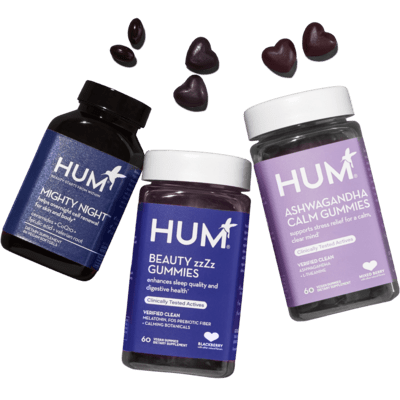Avoid these chemicals in skincare at all costs.
You scour your food labels to avoid bad-for-you-ingredients, so why aren’t you doing the same for your skincare products? Turns out, there can be some pretty nasty stuff hiding in your cleansers and moisturizers. The U.S. bans only 11 chemicals from use in cosmetics. To give that number some major perspective, the E.U. bans over 1,300 chemicals. (Just let that sink in for a moment.)
But transitioning to an all-natural skincare routine can be time-consuming, expensive, and overwhelming. To help get you started, we’ve put together a list of four ingredients you should cut out of your skincare routine stat. (They’re more common than you think.)
Sodium Lauryl Sulfate
Commonly Found In: Cleansers
This ingredient lives up to its scary-sounding name. “This is a harsh and inexpensive surfactant that foams,” explains esthetician and certified holistic nutritionist Pearl Dworkin. “It can be especially irritating when you combine them with other inflammatory ingredients, like synthetic fragrances.” Because it’s been found to be sensitizing, it can cause skin issues and trigger allergies.Oxybenzone
Commonly Found In: Sunscreen and Moisturizers
While oxybenzone protects skin from most UVB and UVA rays, it raises concerns because it’s been linked to skin irritation and allergies. Most troubling: The Environmental Working Group (EWG) advises not to use products containing this chemical because it may disrupt your hormones.Methylisothiazolinone, Methylchloroisothiazolinone, and Benzisothiazolinone
Commonly Found In: Cleansers and Moisturizers
These icky preservatives are sensitizing and can cause contact allergies. The EWG states that lab studies have suggested that methylisothiazolinone could be neurotoxic. While other other reports have suggested that it’s not sensitizing when used at a concentration of 0.01% or less, the jury is still out on just exactly how sensitizing this product is.Fragrance
Commonly Found In: Moisturizers and Cleansers
Yes, fragrance may make your products smell pretty, but they’re one of the top allergens in the world, according to the EWG. What makes added fragrances in beauty products even more worrisome? In the United States, fragrance formulas are considered “trade secrets,” so companies aren’t required to disclose the chemicals used to create scented formulas.More like this









